Main Second Level Navigation
- News
- Events
- PsychNews
- Mindfest
- Donald Wasylenki Education Day
- The Future of Psychotherapy Conference
- Department of Psychiatry Research Day
- Annual University of Toronto Psychopharmacology Conference
- Professorial Lectures
- Psych Refresh
- Continuing Professional & Practice Development (CPPD) Day
- Impact: Psychiatry Articles that Change Treatment
Breadcrumbs
- Home
- News & Events
- News
- Specialized Training for Better Outcomes: Education Streams
Specialized Training for Better Outcomes: Education Streams
Annual Report 2022-2023

Education is at the heart of the Department’s mission, and we are always seeking ways to better prepare our learners to serve their patients and advance the field of psychiatry.
Psychiatry is a broad field with numerous subspecialties, and it serves patients as diverse as our communities. To prepare our learners for this work, the Department provides specialty streams that address specific areas of treatment, research, or scholarship.
We spoke to the leaders of some of our new and ongoing programs to learn more about how they equip our learners to better serve the public.
Specialized Training, General Psychiatry Residency Program
As Canada’s largest Psychiatry residency training program, the University of Toronto’s General Psychiatry Residency Program’s core mandate is to provide outstanding psychiatry residency training in a culturally safe, diverse, and inclusive environment that inspires lifelong learning and professional identity formation. Graduates of the program meet the needs of our communities and lead scholarship and innovation in mental health care. Alongside robust general psychiatry training, several specialized training pathways are or will soon be available to trainees: the Clinician Scholar and Scientist Programs, and the upcoming Indigenous Stream.
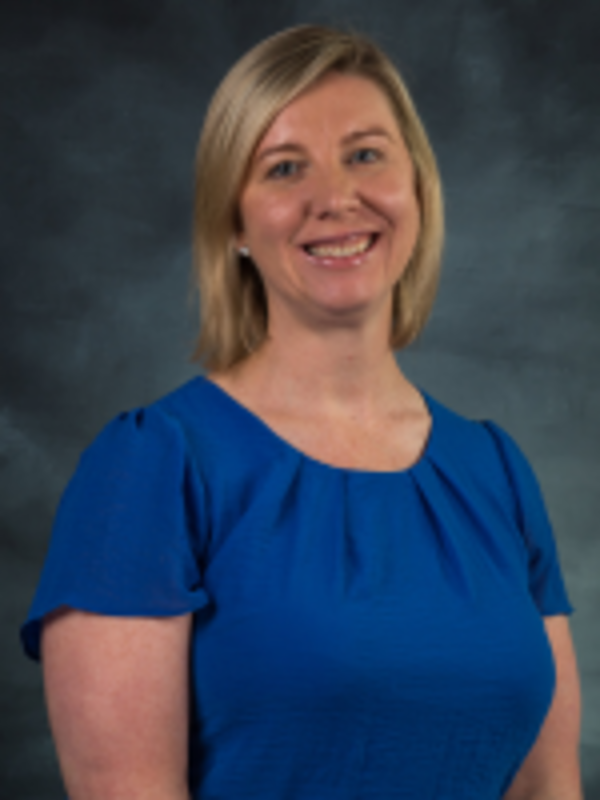
The Clinician Scholar Program
The Clinician Scholar Program supports the training of residents interested in pursuing academic careers in education research, quality improvement, and other creative professional activities.
The program is led by Dr. Kathleen Sheehan, an Associate Professor in the Department and a Clinician-Investigator at the Centre for Mental Health - University Health Network.
“For decades, medicine has recognized the need to have clinicians who are trained in conducting high-quality scientific research. More recently we’ve recognized the need to train physicians in other domains of scholarship, such as the social sciences and humanities” says Dr. Sheehan. “The Clinician Scholar Program allows residents to infuse their scholarly work with knowledge from clinical settings and bring the latest findings from their research to patients’ bedsides."
The Program provides residents with protected time and financial support to present their work at national and international conferences, and to potentially complete specialized training and a graduate degree. Residents participate in a seminar series to enhance their research skills and career development. The Program also creates a network of residents and faculty who work in these areas.
“I think of the Clinician Scholar Program as a ‘runway’ for propelling our residents into a career in academic psychiatry,” says Dr. Sheehan. “We provide residents with a framework and structure for completing methodologically rigorous and successful scholarly projects while they do their clinical rotations.”
Ultimately, all the work done in Clinician Scholar Program will benefit patients.
“The questions which drive this work all come out of our residents’ experience working with patients,” says Dr. Sheehan. “Directly or indirectly, all of our participants' projects will impact the patient care they provide now and in the future.”
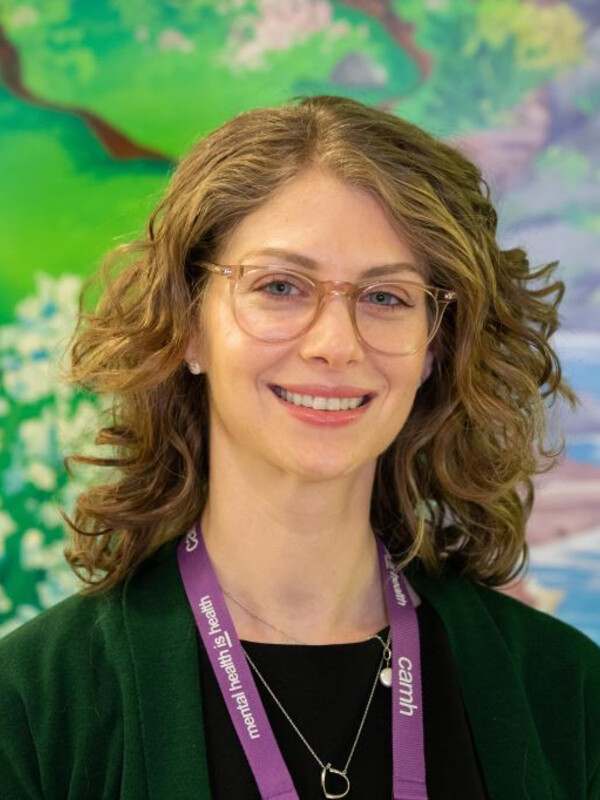
The Clinician Scientist Program
Supporting the development of the next generation of clinician scientists in psychiatry today is critical to advancing our understanding of mental illness and improving mental health care in the future.
The Clinician Scientist Program (CSP) within our Department has provided mentorship, financial and training support to psychiatry residents for over two decades and has successfully trained its graduates to pursue careers as clinician-scientists and international leaders in psychiatry research. The program encourages residents to pursue graduate studies (MSc or PhD) during residency with a view towards supporting the training of our residents to become highly skilled principal investigators in their future careers.
“Clinician-scientists play a critical role in advancing our understanding of mental health disorders through rigorous research, contributing valuable insights into the underlying mechanisms driving mental illness and opportunities to improve mental health interventions” says Dr. Stephanie Ameis.
Dr. Ameis is an Associate Professor in the Department, a Clinician-Scientist with the Child and Youth Mental Health Collaborative at Sick Kids and CAMH, and the Director of the Clinician Scientist Program.
“The CSP provides protected time for CSP residents to pursue research, and dedicated mentorship from faculty mentors who are themselves clinician-scientists,” says Dr. Ameis. “Residents also receive funding to support annual travel to conferences to present their research and opportunities to apply for seed funding to support their own research project. Our CSP seminar series focuses on career mentorship and development of clinical-research integration skills. The CSP also offers tuition support for residents to pursue graduate studies.”
Dr. Ayan Dey, CSP Chief Resident and an MD-PhD, can speak about the benefits provided by the program first-hand.
“Investing in the training and development of clinician-scientists ensures a steady supply of skilled professionals who can drive advancements in the field of psychiatry,” says Dr. Dey. “These professionals, armed with cutting-edge knowledge and expertise, become mentors to the next generation, passing on their experience and knowledge. This creates a continuous cycle of growth and improvement in mental health research and care.”
This cycle of improvement ensures that patient care continues to evolve.
“The knowledge and skills our CSP residents gain serve as a foundation for developing innovative research programs that can transform care in the future,” says Dr. Ameis. “Their work enhances healthcare systems, bridging the gap between research findings and clinical practice.”
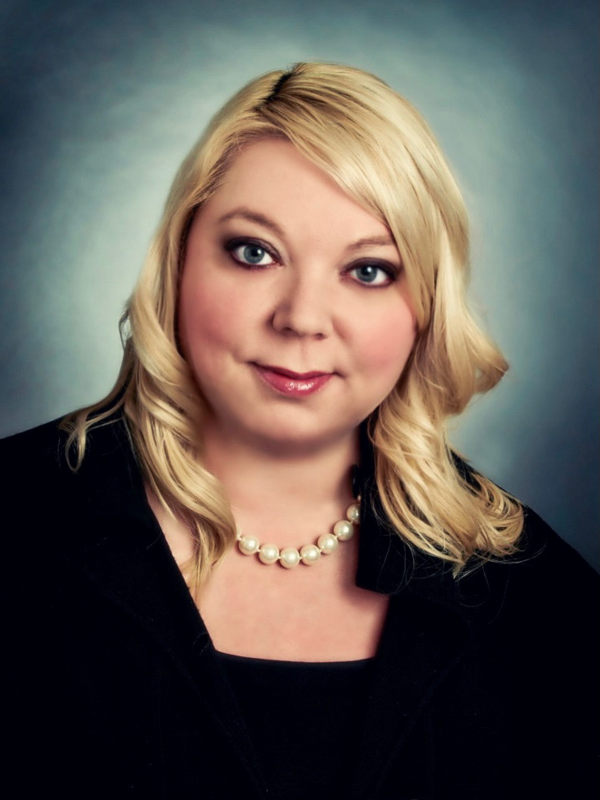
Indigenous Stream
Canada’s First Nations, Inuit, and Métis peoples experience high rates of mental health conditions. A broad range of legislation and policies aimed at assimilation have contributed to these disparities.
In this context, it is deeply important to increase the number of Indigenous mental health professionals working in the health-care field and provide cultural safety training for all health-care professionals.
In response to these challenges, discussions about developing a new psychiatry residency stream for Indigenous medical students began in 2017.
The development and implementation of the stream is being led by the Assistant Program Director, Dr. Samantha Wallenius, and U of T Site Lead, Dr. Victor Vien. This program is a collaborative partnership between U of T, the Northern Ontario School of Medicine (NOSM U) and McMaster University. As such, Dr. Alexander Drossos, the Site Lead at McMaster University and Dr. Wallenius, who serves as the Site Lead at NOSM U in addition to her role as Assistant Program Director, have also been an integral part of the process.
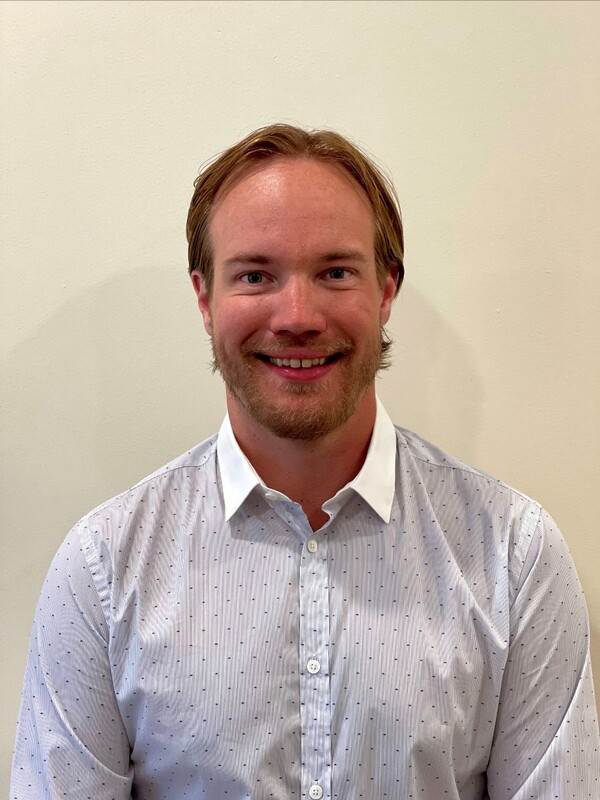
“The Indigenous stream has been created to help address resource issues and improve the quality of care provided to First Nations, Inuit, and Métis people,” says Dr. Victor Vien. “We are planning a residency stream that will provide excellent general psychiatry training and enhanced skills to Indigenous residents who will feel prepared to take on leadership roles in advancing Indigenous mental health care.”
“The program needs to not only meet national accreditation standards, it must also provide appropriate, relevant, diverse, and culturally safe mental health care to Indigenous peoples and communities in Ontario,” says Dr. Wallenius. “To ensure this is the case, the project is being planned and executed in partnership with Indigenous communities, educators and learners, including Knowledge Keepers and Elders.”
Indigenous Elder Diane Longboat is a member and active participant of the Steering Committee & Working Groups, and has shared invaluable wisdom and input. Two residency positions at U of T have been reserved for the stream, and recruitment will take place for a start date of July 1, 2024. Applicants will be Indigenous individuals who wish to be psychiatrists and work with Indigenous communities. They will have opportunities to not only participate in clinical rotations through U of T, but also with various Indigenous communities through McMaster University and NOSM U.
“The program will train Indigenous residents and foster allyship among non-Indigenous trainees and faculty,” says Dr. Wallenius. “Mental health providers will be teachers and role models, presenting a curriculum that incorporates both Traditional Indigenous teaching and ways of knowing and being.”
The Indigenous Stream aims to not only improve care, but to build a relationship between the field of psychiatry and Indigenous patients based on respect, trust, and safety.
“By changing the nature of direct healthcare interactions and improving access, we also want to change the culture and image,” says Dr. Vien. “We are committed to creating a future where Indigenous patients can feel that accessing psychiatric care, when needed, will be helpful and not result in harm.”
Area of Focused Competence (AFC)
Areas of Focused Competence (AFC) were introduced by the Royal College of Physicians and Surgeons of Canada (RCPSC) as an additional category of discipline recognition in 2011. They represent highly focused disciplines of speciality medicine that provide training in supplemental competencies that enhance the practice of physicians in an existing discipline (e.g. Psychiatry) or a highly specific and narrow scope of practice that does not meet criteria for a subspecialty (e.g. Adult Interventional Cardiology).
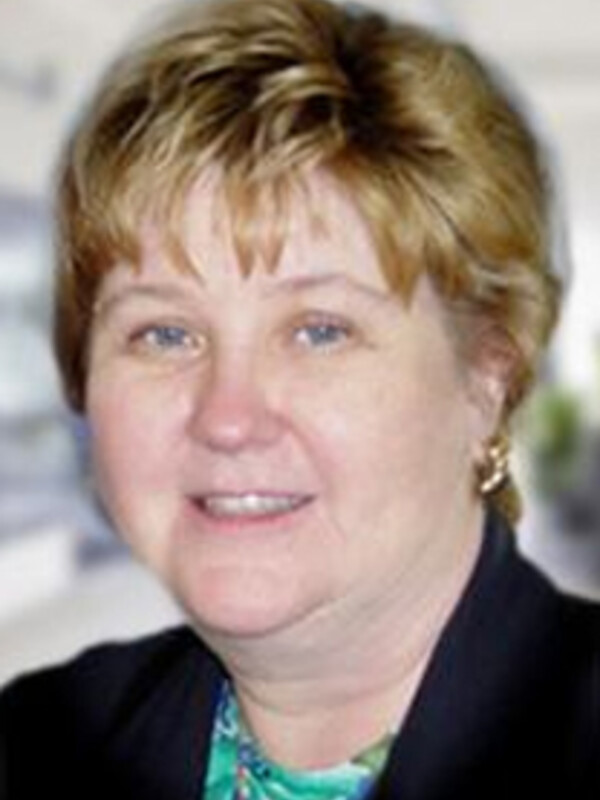
Consultation/Liaison Psychiatry Area of Focused Competence
Consultation-Liaison (CL) Psychiatry focuses on the complex relationship between psychological, biological, and social factors in medical and surgical illness. CL psychiatrists have expertise in enabling comprehensive treatment approaches that enhance communication between care providers with different expertise and optimize the care of the patient. As such, the AFC in CL Psychiatry enables trainees to develop enhanced competence in psychiatric assessment and management of patients with complex medical conditions.
As the result of the work of a national group supported by UofT’s Medical Psychiatry Alliance, Consultation-Liaison Psychiatry has recently received the AFC designation from the Royal College. This will allow University of Toronto and other Canadian Departments of Psychiatry to provide advanced training for in this area. Participants will have the opportunity to learn about specialized areas of CL Psychiatry and the effect on patients and their caregivers of innovations in medical and surgical treatment and technology.
Dr. Rima Styra, Associate Professor and Director of the Department’s Division of CL Psychiatry, is currently leading the implementation of the CL Psychiatry AFC at the University of Toronto. Dr. Styra’s work will build upon the foundational training standards developed by the RCPSC’s national CL Psychiatry Working Group, stewarded by Drs. Adrienne Tan and Raed Hawa, who are members of the Division of CL Psychiatry.
“The program will provide advanced competency-based education on caring for patients with complex illnesses.” says Dr. Styra.
Treating patients with psychiatric and multiple often life-threatening medical conditions is inherently challenging. The AFC will build the skills and knowledge necessary to deliver this type of care to the highest standard.
“Trainees in CL Psychiatry will acquire the clinical skills and tools to be at the forefront of integrated medical and psychiatric practice,” says Dr. Styra. “They will be able to provide exemplary care to complex medical patients and consult with medical and surgical colleagues to optimize patient care.”
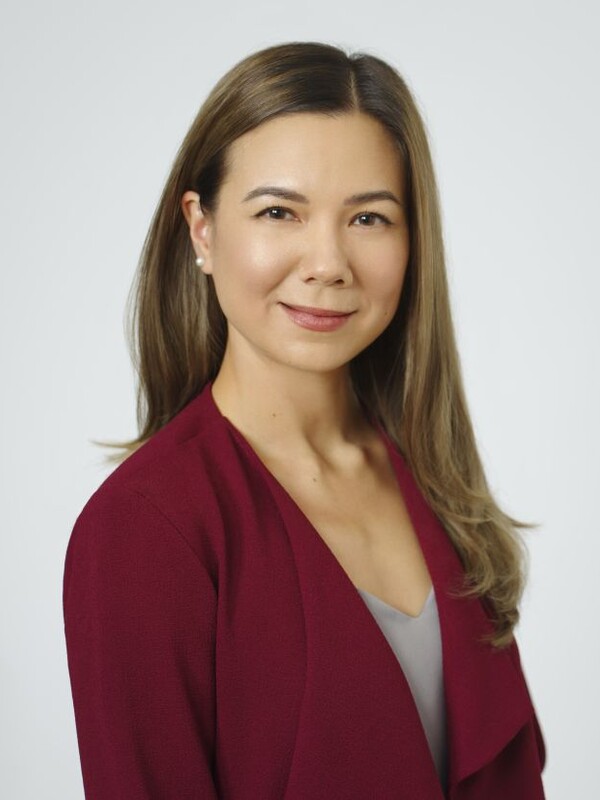
Addictions Area of Focused Competence
Addiction and substance use disorders are widespread problems in Canada. Dr. Daniela Lobo, who successfully led the Addictions AFC to initial accreditation, and Dr. Susan Franchuk, who recently took over as Program Director, are working to ensure there are care providers with the training necessary to address this growing challenge.
“Even in a well-resourced academic centre such as U of T there has long been a shortage of graduating physicians comfortable managing substance use disorders, relative to the increasing need for this expert care,” says Dr. Franchuk.
“As the largest psychiatry residency program in a country experiencing an opioid crisis, we were excited to receive the news that we could apply to have our addiction psychiatry fellowship accredited and expanded,” says Dr. Lobo.
The AFC is a 12-month clinical fellowship which includes training across the full spectrum of addictions. Trainees rotate through training experiences that continually highlight the importance of trauma-informed care, reflecting the fact that adverse childhood experiences and trauma are very common in people diagnosed with substance use disorders.
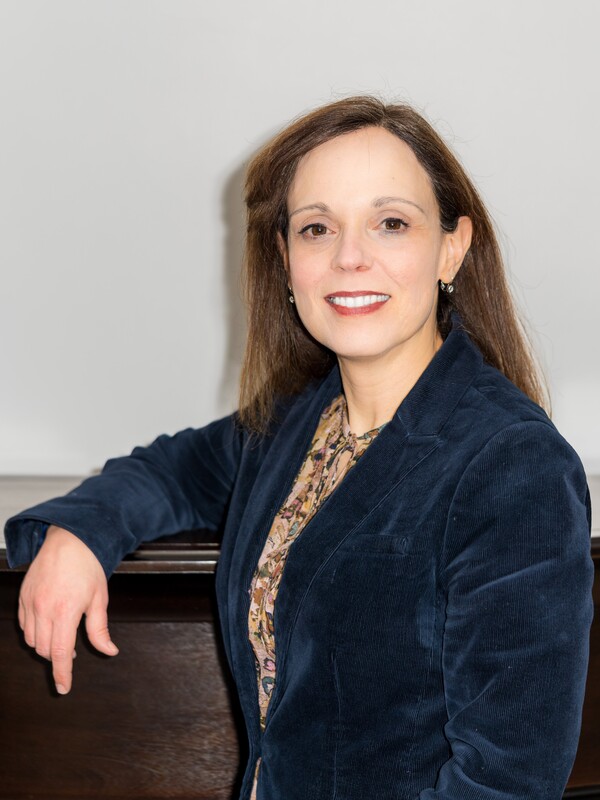
“AFC graduates are able to deliver comprehensive care to patients with addictions,” says Dr. Franchuk. “Graduates have gone on to develop and lead addictions programs across the country and serve as strong advocates for patients with addictions.”
The AFC aims to enhance addiction care, improve access to treatment, and destigmatize substance use disorders.
“Given the high prevalence of addictions in the general population, physicians in all areas of medicine will have patients who have addictions,” says Dr. Lobo. “Having a physician who can address the addiction can make a significant difference in patients’ lives and overall health.”
Future Areas of Focused Competence
Sleep Disorder Medicine is a specialized area of training concerned with the study of the investigation, diagnosis, and management of sleep disorders. In collaboration with other medical and surgical disciplines at the University of Toronto, a Sleep Disorder Medicine AFC may soon be available for Psychiatry.
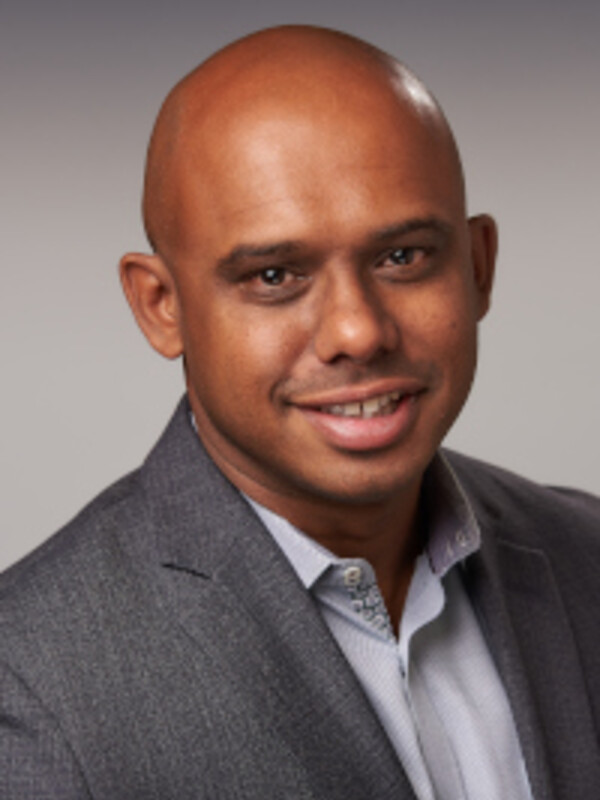
The Future of Psychiatry
As psychiatry evolves, the way psychiatrists are trained will evolve too.
Dr. Sanjeev Sockalingam, Vice Chair, Education, in the Department, believes specialized training is key to adaptability and effectiveness.
“By offering specialized training, the Department ensures it can address the most urgent issues in mental health and produce psychiatrists with diverse, robust skillsets,” says Dr. Sockalingam.
As Director of the General Psychiatry Program, Dr. Adrienne Tan is involved with most of the program’s specialties. She’s seen how they benefit learners and patients firsthand.
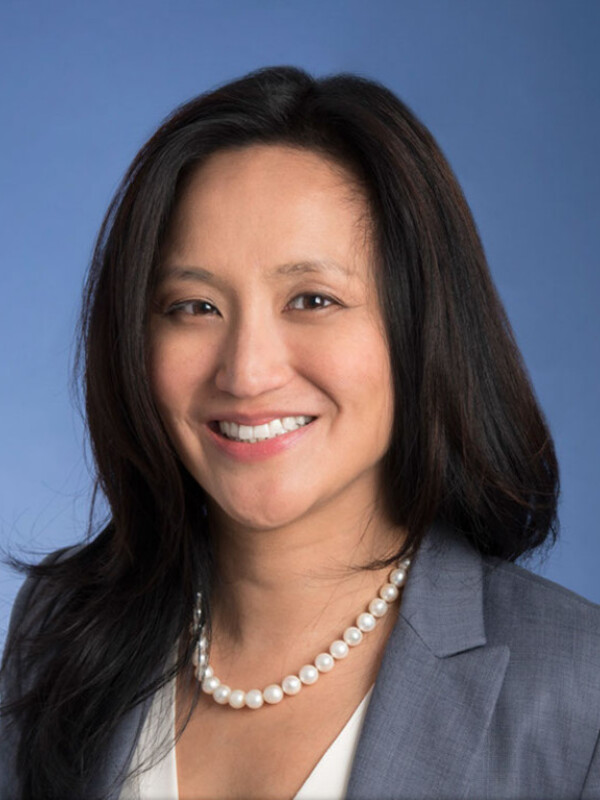
“It’s amazing to watch our learners be inspired by our training and driven by their clinical work and research. These different sources of experience allow them to become experts who are prepared to deliver care and perform research that will create better outcomes for patients,” she says.
As these learners become experts, they will envision the education that will be provided to their successors. Tomorrow’s psychiatry specializations won’t just build on the training they received, but also respond to the needs they identify as they treat patients and perform novel research.
“The legacy of our specializations is a cycle of improvement,” says Dr. Sockalingam. “Each generation is better equipped, with a more comprehensive understanding of the challenges of their field and the education needed to overcome them.”
